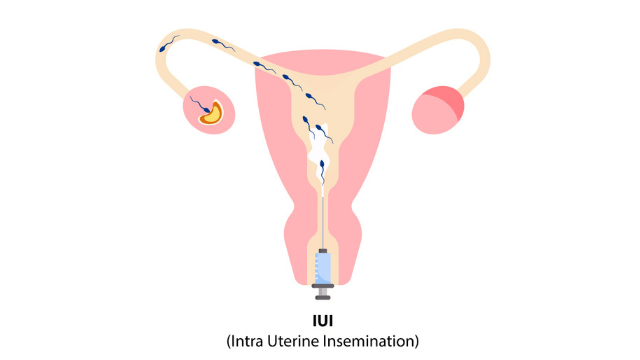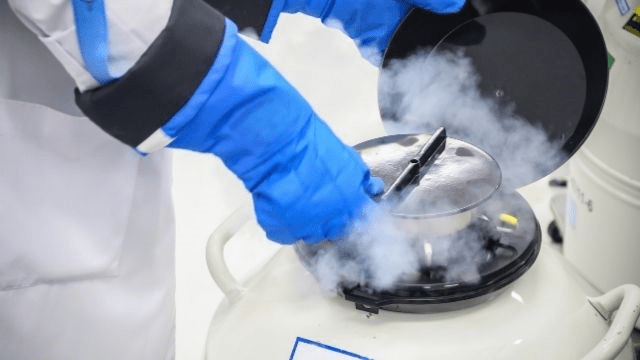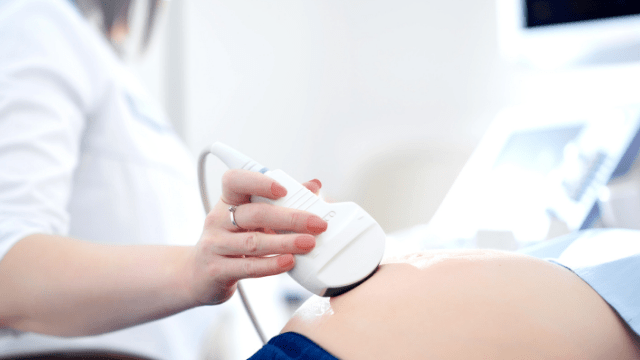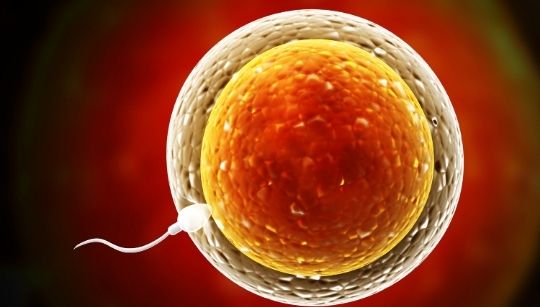PCOS Treatment

What is PCOS?
Polycystic ovary syndrome (PCOS) is a very common disorder that affects one out of every 10 women of their reproductive age. During PCOS, there is an imbalance in the sex hormones: estrogen and progesterone. Due to PCOS, one can face problems with the menstrual cycle, cardiac function, fertility, and appearance.
Women with PCOS may have some problems with ovaries like enlarged ovaries and most of the time, PCOS just indicates an increase in the male hormones in the body. This increment disturbs the normal functions of the ovaries that result in symptoms and complications.
Everything You Need to Know About PCOS Treatment
Causes | Symptoms | Health issues | Diagnosis | Management of PCOS | PCOS AND INFERTILITY | PCOS Infertility Management
Causes of PCOS
The exact causes of PCOS are still unknown. But, it is speculated that it occurs as a result of some genetic and environmental factors that gear up the hormones. Some of these factors include:
- Insulin Resistance: One of the common things that are blamed for PCOS is excess insulin in the body. Now, insulin is a hormone produced by the pancreas in order to use glucose in our body. Insulin resistance indicates a situation where there is excess production of insulin in the body. This affects the normal ovulation function of the ovaries by increasing the production of male hormones.
- Family History: In most PCOS cases, the patient has a family history of PCOS. It is seen in some researches that certain genes are linked to this condition that can pass on to one generation from the other.
- Excess Androgen: Androgen or also called male hormones are found in limited quantities in every female body. But, women with PCOS have excess production of androgens. Higher than normal male hormones in the female body don’t allow the ovaries to release the eggs, causing excess hair growth and acne as a result.
- Inflammation: It is seen that women with PCOS have high levels of inflammation in their bodies. This inflammation is also related to obesity sometimes. The result of this inflammation in the body is seen as an increment in the male hormones.
Sub Treatments For Female Infertility
We are one of the Best IVF Clinic in Delhi NCR!
69K
Subscribers
4.6 (615 reviews)
4.2 (904 reviews)
3.5 (265 reviews)

5 Out Of 5
Symptoms of PCOS
The symptoms of PCOS differ according to different women. Some of the common symptoms of PCOS are:
- Irregular periods
- Excess hair growth on the back, face, and stomach
- Male pattern baldness
- Severe acne
- Weight gain
- Infertility Issues
- emotional challenges like depression and/or anxiety
It is noted that all these symptoms are not necessarily experienced by all PCOS patients.
Is it linked to other health issues?
Yes, some studies have shown that there is some link between PCOS and other health conditions like:
- Diabetes: It is seen that more than 50% of women with PCOS may have diabetes or prediabetes (glucose intolerance) at the age of 40 or before.
- High blood pressure: PCOS patients are at high risk of having high blood pressure compared with other women of a similar age without PCOS. High blood pressure increases the risk of heart disease and stroke.
- Unhealthy cholesterol: It is seen that patients with PCOS have higher levels of LDL (bad) cholesterol along with low levels of HDL (good) cholesterol. Also, High cholesterol also raises the risk of heart disease and stroke.
- Sleep apnea: It is a condition in which momentary and repeated stops in breathing interrupt someone’s sleep. Women with PCOS that are overweight or obese, can experience sleep apnea.
- Mood Swings: Mood Swings like Depression and anxiety are common among PCOS patients.
- Endometrial cancer: PCOS means problems with ovulation, insulin resistance, obesity, and diabetes increase the risk of developing endometrial cancer in women. This happens due to irregular and improper shedding of the endometrium lining due to irregular periods.
Diagnosis of PCOS
For diagnosing PCOS, there is no specific test that confirms this health condition. The doctor considers all the signs and symptoms of a patient and then rules out other related disorders. During this ruling procedure, your doctor will talk about your medical history, period cycle, weight changes, and some other symptoms. He can also perform some more tests like:
- Physical examination: During this physical examination, your doctor will ask and note down several pieces of information, that will include your height, weight gain, and blood pressure, etc.
- Pelvic examination: During a pelvic examination, your doctor will inspect your reproductive organs visually and manually for signs of some irregular masses, growths, or other possible abnormalities.
- Blood tests: Your doctor will do some blood tests to measure the levels of certain hormones to rule out possible causes of menstrual abnormalities or the androgen excess that indicates PCOS. These tests mainly include AMH, FSH, LH, and testosterone levels.
- Ultrasound: An ultrasound exam can indicate the condition of your ovaries and can tell about the thickness of the lining of the uterus.
Management of PCOS
The treatment of Polycystic ovary syndrome generally focuses on the management of the patient’s individual concerns like infertility, hirsutism, obesity, or acne. This management can be done by:
- Lifestyle changes: The very first step in treating or managing PCOS has to be lifestyle changes. Your doctor may recommend you to lose some weight through a low-calorie diet along with moderate exercises. Even a slight reduction in weight can improve your condition.
- Hormonal pills: Your doctor may prescribe some medications to regulate your period cycle. To do this, your doctor may recommend a combination of birth control pills — pills that include both estrogen and progestin. These birth control pills will decrease the androgen production in the body and will give it a break from the effects of estrogen by lowering the risk of endometrial cancer. If your doctor thinks that you are not suitable for combination birth control pills, then he may choose an alternative approach by asking you to take progesterone for 10 to 15 days every one to two months. This progesterone therapy may regulate your period cycle and also offers protection against endometrial cancer.
- Metformin: Your doctor may prescribe metformin which is an oral medication for type 2 diabetes. This improves insulin resistance and lowers the insulin levels in the body. The metformin may help with your ovulation and result in regular menstrual cycles. It also slows the progression of type 2 diabetes if you already have prediabetes. It also helps in losing weight if you also follow a proper diet and exercise program.
- Help you ovulate: If you have PCOS and you’re trying to become pregnant, it is important to take medication that helps in ovulation. Clomiphene and Letrozole are ovulation-inducing medications that are to be taken in the first part of the menstrual cycle. If these drugs are not effective, your doctor may add metformin in this dosage to help induce ovulation.
- Reduce excessive hair growth: To reduce excess hair growth, your doctor may prescribe birth control pills to decrease androgen production in the body, or some other medicine called spironolactone (Aldactone) which blocks or stops the effects of androgens on the skin. It is important to remember that spironolactone can cause birth defects which is why effective contraception is required while using this drug. Also, it’s not recommended during pregnancy or planning a pregnancy.
PCOS AND INFERTILITY
PCOS can disturb your period cycle, can affect your ovulation, and cause female infertility. It can cause anovulation where your ovaries do not release an egg during the menstruation cycle, thus decreasing all the pregnancy chances. Women with PCOS either have ovulation failure or some presence of cysts in the ovaries that causes infertility issues.
High-level male hormones and insulin affects the menstrual cycle and disturbs the regular release of an egg every month. Every month when an egg gets released it is called ovulation. But when this doesn’t happen it is referred to as anovulation. This irregularity in ovulation can cause difficulties in getting pregnant and can also cause chances of miscarriage in some women.
It is important to know that not all women with PCOS are infertile. But yes, PCOS affects fertility in women and causes hurdles in conceiving.
PCOS Infertility Management
- Weight management: It is seen that reducing weight can help in PCOS treatment. Weight management is an important part of PCOS treatment. This improves fertility and increases the chances of getting pregnant. It is seen that even a 5-10% of reduction in weight can increase pregnancy chances. Maintaining weight before pregnancy also decreases the chances of pregnancy-related complications.
- Estimating ovulation: It is important to estimate ovulation in order to get pregnant. Due to PCOS, the regular period cycle and ovulation get interrupted and cause problems. But, in this case, ovulation timings can be predicted with the help of follicular monitoring through transvaginal ultrasound.
- Ovulation induction: In cases where lifestyle changes and weight loss is not improving fertility, your doctor may recommend some medications that can help in releasing eggs. This process is called Ovulation induction where ovaries are stimulated in order to produce eggs. Some common medicines like Letrozole, Metformin, Clomiphene Citrate, and Gonadotropins are used during Ovulation Induction. Each of these medicines has its own side effects so it is advised to take them under medical supervision.
- Assisted Reproductive Technology: One other way of conceiving with PCOS is to take the help of IVF, in vitro fertilization. Assisted reproductive technology is chosen or recommended after the other less intensive treatments have been unsuccessful. Through this method, the extraction of eggs and sperms can be done, followed by their fertilization in the lab. Then once the embryo is formed it is transferred to the women’s uterus.
- Ovarian Drilling treatment for PCOS: Ovarian drilling is a rarely used surgical procedure that helps in egg release or ovulation. This surgery is a minimally invasive procedure that is performed using a laparoscope. During the surgery, a small 5 mm incision is made in the abdomen after giving general anesthesia. Afterward, Small holes are drilled in the ovary to remove small cystic follicles and tissue that produces excess male hormones. As a result, ovulation can normally occur for up to a year after this procedure.
This surgery is an intensive treatment as compared to other medications and lifestyle changes and that is why it is not commonly chosen as a treatment option for PCOS patients.
Patient Testimonials
It’s always the word of mouth that’s the best advice
Published On: 3 Dec 2018
London to Gunjan IVF: Mrs. Pragya's journey of parenthood |Treated for pregnancy care | Gunjan IVF
Published On: 7 Oct 2018
We are pregnant!! | Pregnancy after Fibroid Removal Treatment (Myomectomy)| Gunjan IVF World

Erica Benn
It was such a nice experience with Dr. Gunjan and how she tackle our case. I must recommend this clinic as one of the best IVF clinic in Delhi-NCR. Thanks to Dr. Gunjan to give me my motherhood.

Nitesh Kumar Thakur
Gunjan IVF World in Indirapuram, Ghaziabad is the best hospital for surrogacy and ivf services in Delhi-NCR. Dr. Gunjan Gupta is founder and director of Gunjan IVF World. Gunjan IVF is the best ivf center in Indirapuram , Ghaziabad. Treatments at affordable prices.

Akansh Garg
Dr gunjan gupta is one of best gyne in delhi ncr especially in ghaziabad she explains each n everything very clearly to avoid any confusion. staff is very supportive n helpful.

Manisha Pathak
Went for treatment at various places in Delhi since 2012. Then came to know about Gunjan IVF. Started treatment in October 2020. The treatment is going on and we are quite hopeful. Gunjan ma'am is a very good doctor who treated me well and the staff are also very good and helpful.

Erica Benn
It was such a nice experience with Dr. Gunjan and how she tackle our case. I must recommend this clinic as one of the best IVF clinic in Delhi-NCR. Thanks to Dr. Gunjan to give me my motherhood.

Nitesh Kumar Thakur
Gunjan IVF World in Indirapuram, Ghaziabad is the best hospital for surrogacy and ivf services in Delhi-NCR. Dr. Gunjan Gupta is founder and director of Gunjan IVF World. Gunjan IVF is the best ivf center in Indirapuram , Ghaziabad. Treatments at affordable prices.

Akansh Garg
Dr gunjan gupta is one of best gyne in delhi ncr especially in ghaziabad she explains each n everything very clearly to avoid any confusion. staff is very supportive n helpful.

Manisha Pathak
Went for treatment at various places in Delhi since 2012. Then came to know about Gunjan IVF. Started treatment in October 2020. The treatment is going on and we are quite hopeful. Gunjan ma'am is a very good doctor who treated me well and the staff are also very good and helpful.
Patient Guide
Along with treating our patients, we also guide them with the help of our educational blogs and videos.
Educational Blogs
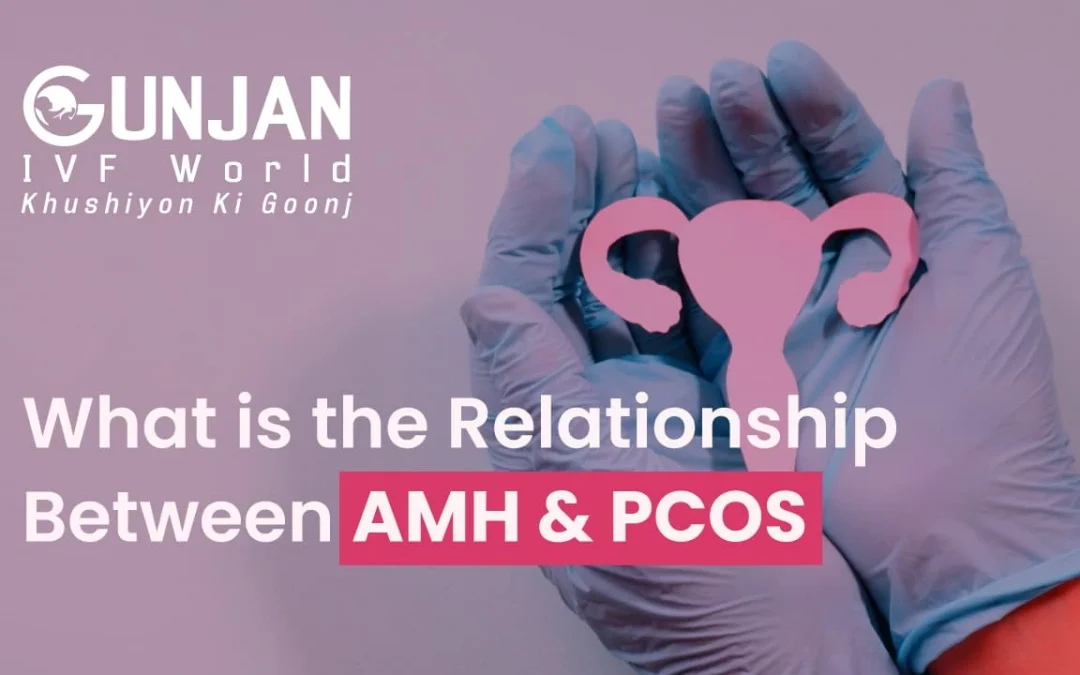
What is the Relationship Between AMH and PCOS?
Polycystic ovarian syndrome (PCOS) is a hormonal disorder that affects women of reproductive age. It is characterized by menstrual irregularities, cysts on the ovaries, and high levels of testosterone.
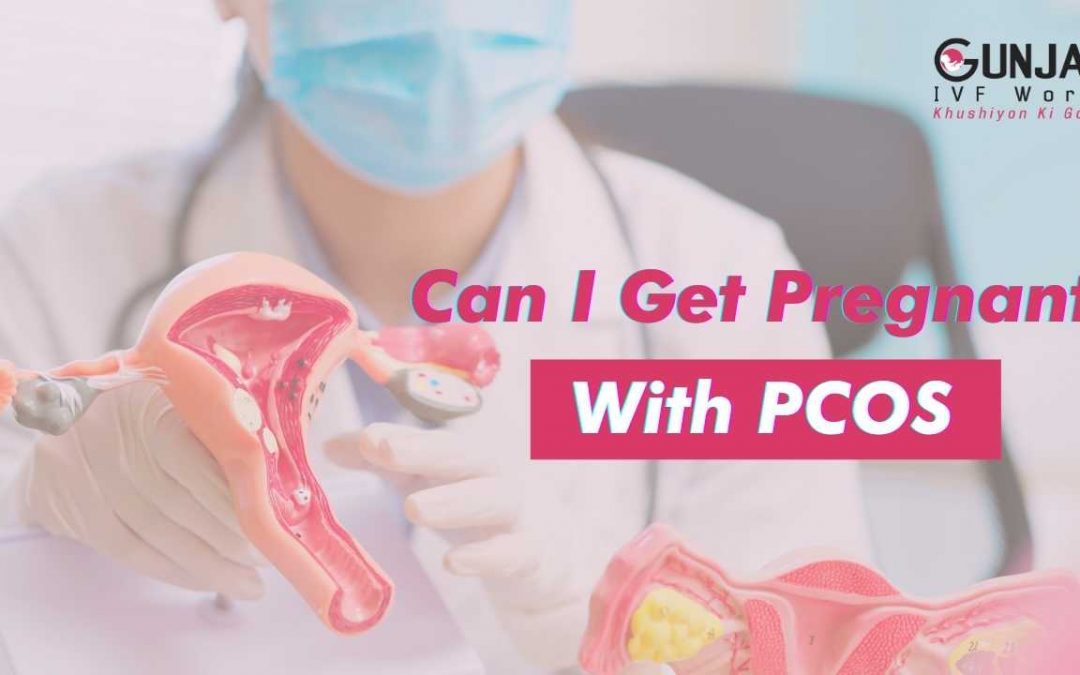
Can I Get Pregnant With PCOS?
If you have been diagnosed with PCOS, you may be wondering if you are still able to get pregnant. The good news is that most women with PCOS can still conceive a child, but there are some things that you need to keep in mind.
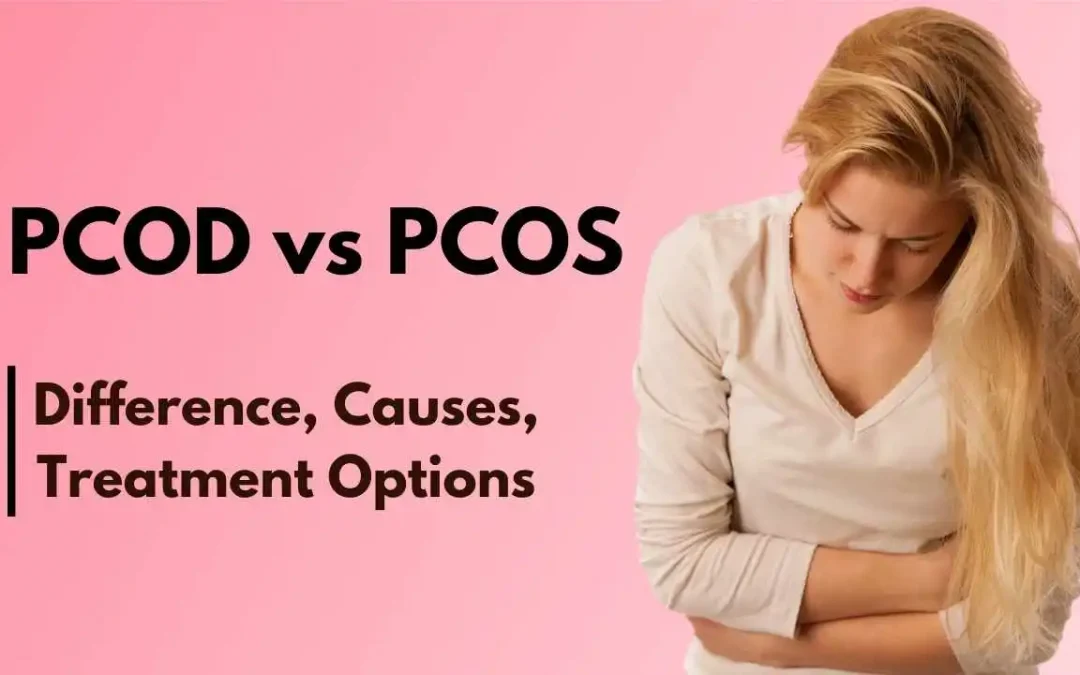
What is the Difference between PCOD vs. PCOS? (In Details)
Are PCOD and PCOS relative terms? Lots of women are confused about the difference between the two, often using the words interchangeably, particularly when attempting to comprehend the relationship between PCOS and PCOD, which is a common occurrence.
Educational Videos

What is TORCH test in infertility and why is it done?
There are numerous tests that are available to infertile couples that are recommended by some doctors, which might help them determine the cause of their infertility. One such test is the TORCH test.

What is Prolactin Hormone?
Prolactin is a hormone produced by the pituitary gland present at the brain’s base. It is best known for its role in lactation, or milk production, in breastfeeding women.However, Prolactin also plays other important roles in both men and women, such as regulating the immune system, stimulating the growth of new blood vessels, and influencing behaviour and reproductive function. In this blog, we will explore what Prolactin is, how it works, and what happens when there are imbalances in prolactin levels.

Frequently Asked Questions about Low AMH
Primordial and Preantral follicles produce AMH. So the AMH level indicates the number of eggs or egg reserves you have in your ovary. Putting simply, if your AMH level is low, then the number of eggs in your ovary is less.
Frequently Asked Questions
Can obesity or being overweight have an impact on a man’s fertility?
Comprehensive Fertility Treatments | Gynaecology Procedures | Menopause Management | Pregnancy Care | Maternity & Birthing Call +919990044555A short article by IVF experts...
Does testicular temperature have an impact on male fertility
IVF specialists of the best IVF centre in Ghaziabad – Gunjan IVF World share an informative blog on one of the most ignored factors of male infertility. It is an alarming fact to...
Is male menopause a myth or reality ?
IVF specialists of the best IVF centre in Ghaziabad – Gunjan IVF World debunk the myths about male menopause through this informative blog Menopause as a term is extremely common...
Advanced IVF Care with Clinical Excellence









